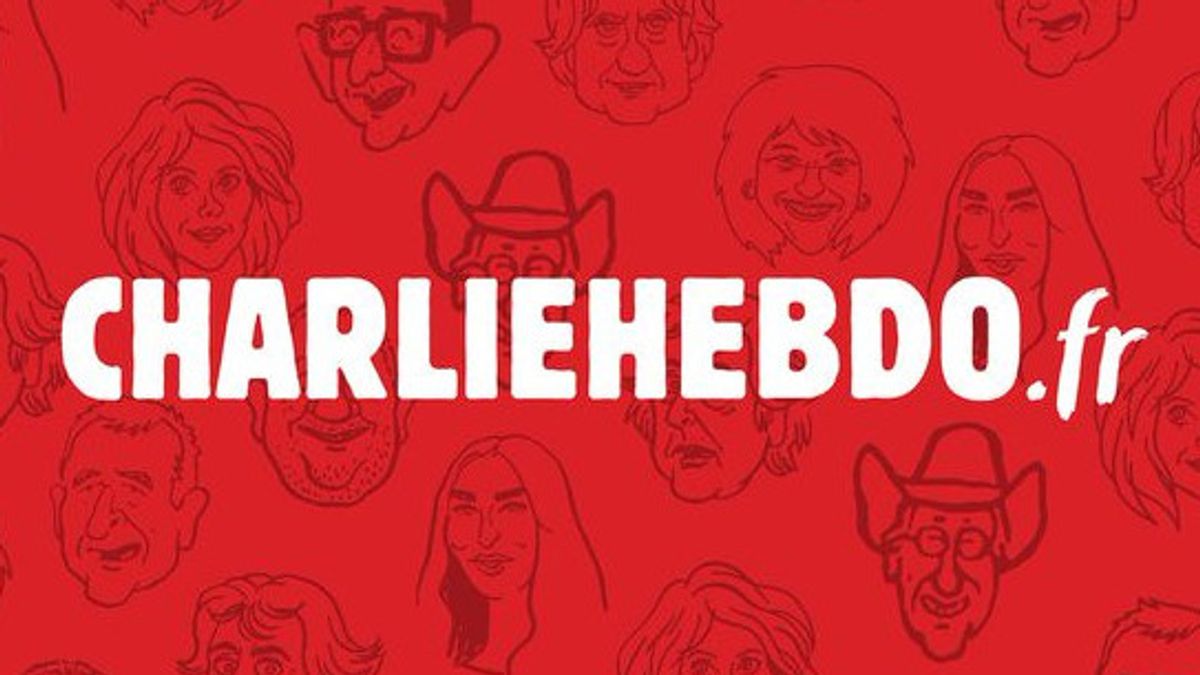JAKARTA - A hacker team backed by the Iranian government is suspected of stealing and leaking personal customer data belonging to the French satirical magazine Charlie Hebdo. This is known according to security researchers at Microsoft, Friday, February 3.
The magazine was hacked in early January after it published a series of cartoons negatively depicting Iran's Supreme Leader Ayatollah Khamenei. The caricatures were part of a media campaign Charlie Hebdo said was intended to support anti-government protests in the Islamic country.
Representatives for the Iranian and French governments did not immediately respond to Reuters' requests for comment on the matter. A press officer for Charlie Hebdo said the magazine was not commenting on the matter "at this time".
Iran publicly vowed to provide an "effective response" to the "offensive" cartoons, and summoned the French envoy in Tehran, while also ending the activities of the French Research Institute in Iran and saying it was re-evaluating French cultural activities in the country.
According to Microsoft researchers in a report, the hacks and leaks targeting Charlie Hebdo were part of a wider digital influence operation whose techniques matched previously identified activities associated with Iran-backed hacking teams.
The group responsible is the same group that US Justice Department officials previously identified as having waged a "multifaceted campaign" to meddle in the 2020 US Presidential election. But Iran denied the claims at the time.
VOIR éGALEMENT:
Amid Iranian criticism of Khamenei's cartoons, a group of hackers calling itself "Holy Soul" posted on an online forum that they had access to the names and contact details of more than 200,000 Charlie Hebdo subscribers. In their post, they said they would sell the information for 20 bitcoins (US$470,000).
Samples of the leaked data were later released and verified as authentic by the French newspaper Le Monde.
"This information, obtained by Iranian actors, could place subscribers of the magazine at risk of online or physical targeting by extremist organizations," Microsoft researchers said.
To strengthen their operations, Iranian hackers use Twitter accounts under fake or stolen identities to criticize Khamenei's cartoons. Two accounts posing as a Charlie Hebdo editor and a technology executive also posted the leaked data before Twitter banned it.
Meanwhile, Twitter's press team did not immediately respond to requests for comment from the media about the report.
The English, Chinese, Japanese, Arabic, and French versions are automatically generated by the AI. So there may still be inaccuracies in translating, please always see Indonesian as our main language. (system supported by DigitalSiber.id)














